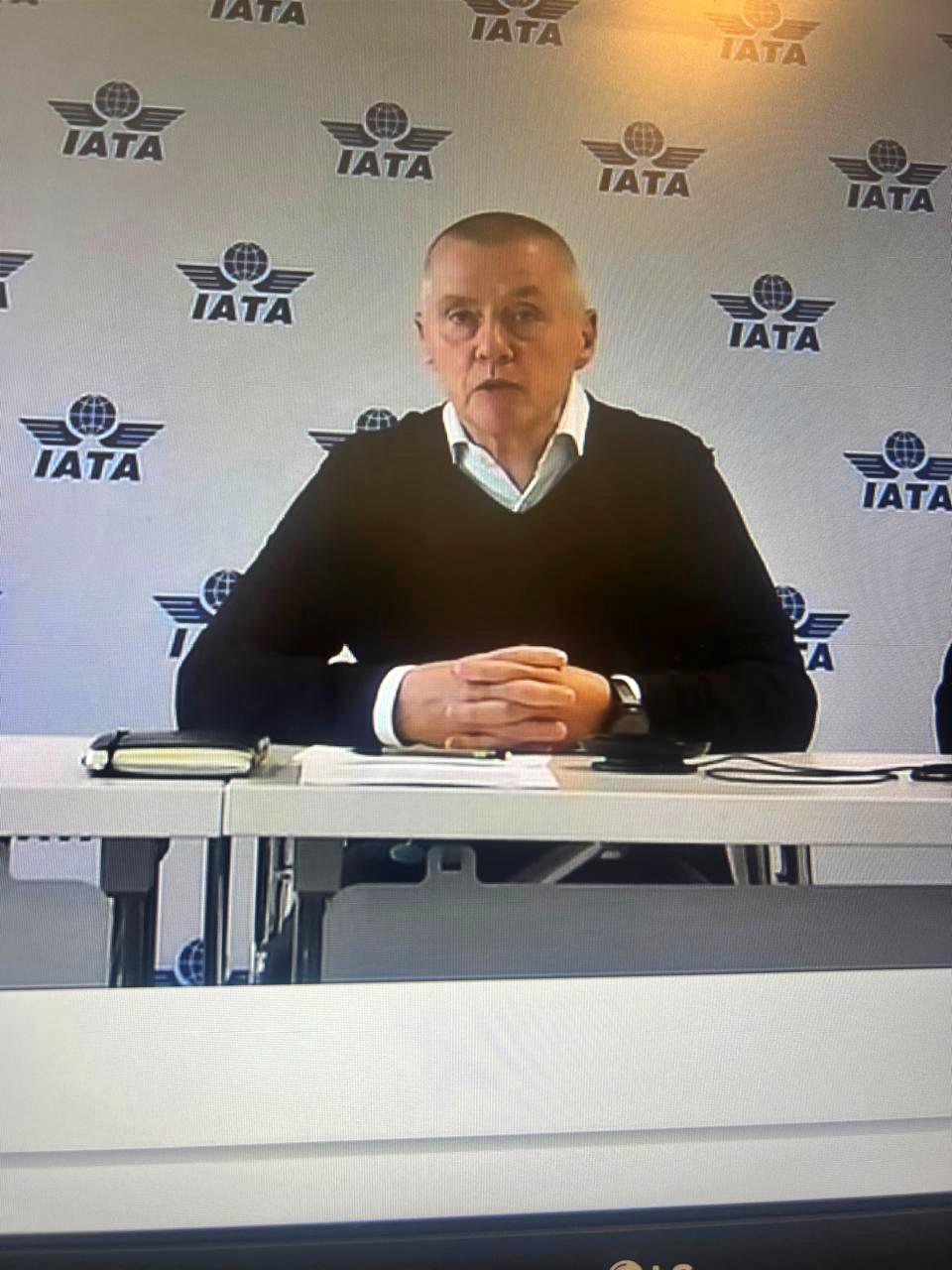End of Aeroméxico-Delta JV: "A natural progression of geopolitical issues," according to Willie Walsh (IATA)
Willie Walsh, Director General of the International Air Transport Association (IATA), described the recent decision by the U.S. Department of Transportation (DOT) to terminate the joint venture agreement (JVA) between Aeroméxico and Delta Air Lines as a "geopolitical issue" directly linked to the airport policies of the Mexican government.
During a teleconference with the media on Wednesday, Walsh stated that the U.S. authority's measure comes as no surprise to the industry but rather as a reaction to actions previously taken in Mexico.
"The industry was disappointed, indeed you could say are angry with the measures that were taken by the Mexican government in relation to the forced transfer of flights," Walsh explained. "It doesn't surprise me that the U.S. administration would take these measures to try and encourage the Mexican government to reevaluate the decisions that they had taken."
The IATA Director General emphasized that Mexico's decision to reallocate operations between airports (referring to the transfer of flights from Mexico City International Airport to Felipe Ángeles International Airport) was very poorly received at the time, and thus he considers the DOT's action a "natural progression of geopolitical issues."
A Defense of Agreements for the Consumer
Despite contextualizing the decision within the political sphere, Walsh strongly defended the benefits of joint venture agreements for passengers. "We've got to separate out the consumer impact of these joint ventures from the political impact of some of the decisions that led to this measure," he pointed out.
According to Walsh, these types of alliances have "proven to be positive for consumers," and he noted that they must go through a "rigorous assessment process by competition authorities to ensure that consumers aren't harmed."
He added that "there's plenty of evidence to show where these joint ventures have actually led to a significant increase in services, an increase in competition overall, an improvement in services, and better options and better pricing for consumers."

An Open Window
During the same conference, it was noted that the Mexican government had recently announced its return to the 80/20 slot utilization rule, in line with global guidelines. This move could be viewed as "an attempt to appease" U.S. authorities before the final decision was made.
In this regard, a key point in the DOT's resolution was highlighted: unlike on other occasions, the authority "left the window open" to review the decision in the future, provided that a "level playing field" is restored in the markets served by both airlines.

/https://aviacionlinecdn.eleco.com.ar/media/2025/09/aeromexico_y_delta_air_lines.png)
Para comentar, debés estar registradoPor favor, iniciá sesión